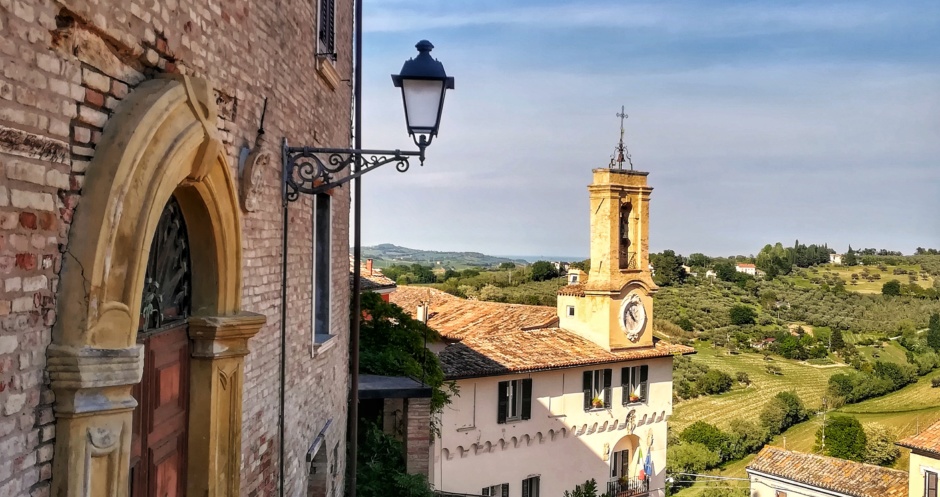The “Pro Loco” (the term is valid both in the singular and in the plural form) are associations of volunteers very typical and widespread in Italy. Their goal is usually the promotion of a particular area of territory.
The term “pro loco” comes from the Latin language and cand be translated as “in favor of the place”, “for the place”, “in support of the place”.
Usually their name is formed by “Pro Loco” followed by the designation of the city, the town or the particular place they represents. For example, the “Pro Loco” of the Municipality of Cartoceto is called “Pro Loco Cartoceto”.
In fact, the place represented is – in the most cases – a city or municipality (“comune”) and its territory; however sometimes even the subdivisions of a single municipality (the “frazioni”, equivalent to the parishes or the wards in other countries) and small villages with a high level of civic pride or a particular historical importance may have their own “Pro Loco”.
A Pro Loco is created by the initiative of a group of citizens. The core of a “Pro Loco” is represented by its affiliates, people who comes together to offer their commitment as volunteers.
A Pro Loco may have legal identity as a non-profit organization, recognized by the Italian law. Most of the Pro Loco today are associated in a national union called UNPLI (Unione Nazionale delle Pro Loco d’Italia, National Union of the Pro Loco of Italy).
As of 2018, there are more than 6.200 Pro Loco in Italy associated with UNPLI, representing ca. 500.000 individual affiliates.
In most Italian towns, the main goal of a Pro Loco is to organize, finance, promote and operate the local festivals, such as the local patron’s fairs, or the agri-food promotion markets.
The promotion of the local gastronomy and the various typical or characteristic agricultural products of a particular territory is one of the most widespread objectives pursued by the Pro Loco in Italy.
Another important purpose sought by the Pro Loco is the promotion and enhancement of local tourism. In some few cases, if the resources allow it, a very active and socially conscious Pro Loco can also sponsor publications, promote scholarly and scientific research, or engage in the recovery and restoration of local historical monuments, usually by crowd-founding.
Therefore, a multi-operational Pro Loco can commit itself to the safeguarding of what the UNESCO defined in 2003 as the tangible and intangible cultural heritage.
Tangible Cultural Heritage refers to the physical artefacts produced, manteined and transmitted generation by generation in a society; it includes artistic creations, buildings and monuments, military fortifications, museums and other physical or tangible products.
Intangible Cultural Heritage indicates “the practice, rapresentations, expressions, knowledge, skills – as well as the instruments, objects, artefacts and cultural spaces associated therewith – that communities, groups and, in some cases, individuals recognize as part of their cultural heritage”, such as oral traditions, performing arts (songs, musics, dances, etc.), local languages, folklore and local knowledge, traditional skills, etc.

 “Natale è… luci e colori in musica”
“Natale è… luci e colori in musica”